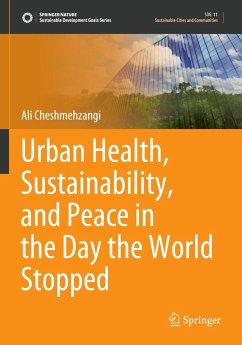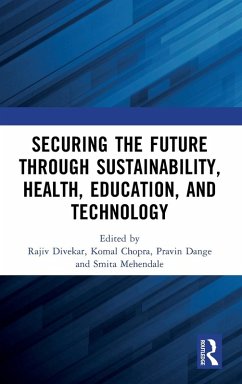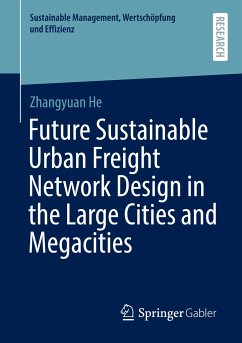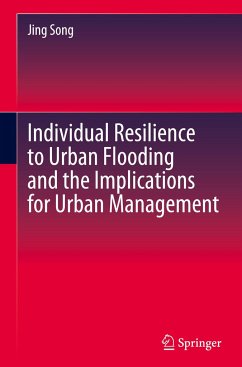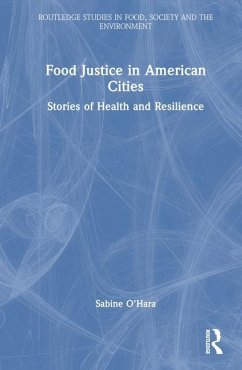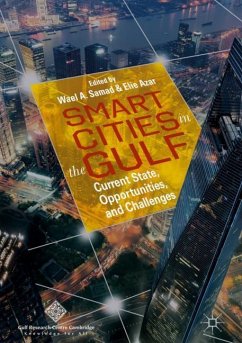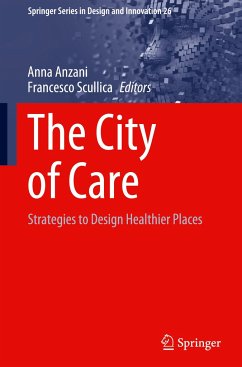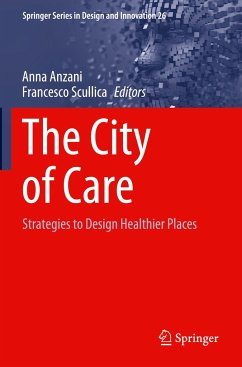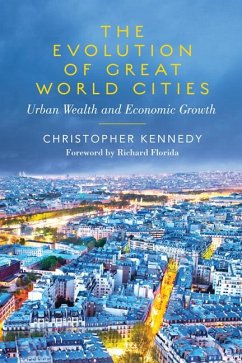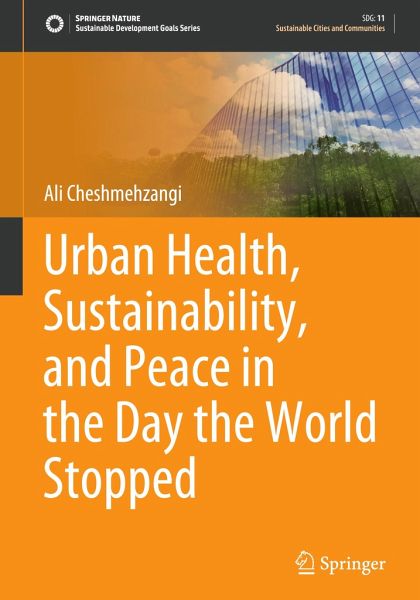
Urban Health, Sustainability, and Peace in the Day the World Stopped
Versandkostenfrei!
Versandfertig in 1-2 Wochen
84,99 €
inkl. MwSt.
Weitere Ausgaben:

PAYBACK Punkte
42 °P sammeln!
This book covers the nexus between urban health, sustainability, and peace.'Urban Health, Sustainability, and Peace' is the first book that attempts to put these three critical areas together. This novelty approaches the subject matter by delving into evaluating what works, what does not work, and what should be done to achieve healthy cities. We believe this book will be beneficial to a wide range of stakeholders, particularly policymakers, planners, and developers, who continuously shape and reshape the structure and environments of our cities and communities. Unfortunately, in most cases, t...
This book covers the nexus between urban health, sustainability, and peace.
'Urban Health, Sustainability, and Peace' is the first book that attempts to put these three critical areas together. This novelty approaches the subject matter by delving into evaluating what works, what does not work, and what should be done to achieve healthy cities. We believe this book will be beneficial to a wide range of stakeholders, particularly policymakers, planners, and developers, who continuously shape and reshape the structure and environments of our cities and communities. Unfortunately, in most cases, the healthiness of the cities may not be of their immediate concern. Nevertheless, it is the concern of the end-users, citizens, or simply those who live and work in cities and communities worldwide. To safeguard peace in cities, one has to consider sustaining urban health; and that is the main aim of this book.
The ongoing pandemic gives us an excellent reason to study cities' health. During such a disruptive time, we detect many flaws in cities and communities around the world. We primarily identify the negative impacts on sustainability and peace in cities. In order to sustain a healthy city, this book evaluates six sustainability dimensions of physical, environmental, economic, social, institutional, and technical. It then utilizes eight primary dimensions of positive peace, evaluating critical areas for future considerations in urbanism. These considerations include making cities smarter, more resilient, and more sustainable. The book's ultimate goal is to highlight how we should progress to maintain and sustain urban health.
As a continuation to 'The City in Need,', this book covers the nexus between urban health, sustainability, and peace. Furthermore, by reflecting on the ongoing pandemic crisis, metaphorically labelled as 'The Day the World Stopped,', we delve into some key areas beyond the usual planning and policy guidelines. Lastly, thebook intends to highlight what has not been studied before, i.e., the relationship between urban health, sustainability, and peace.
'Urban Health, Sustainability, and Peace' is the first book that attempts to put these three critical areas together. This novelty approaches the subject matter by delving into evaluating what works, what does not work, and what should be done to achieve healthy cities. We believe this book will be beneficial to a wide range of stakeholders, particularly policymakers, planners, and developers, who continuously shape and reshape the structure and environments of our cities and communities. Unfortunately, in most cases, the healthiness of the cities may not be of their immediate concern. Nevertheless, it is the concern of the end-users, citizens, or simply those who live and work in cities and communities worldwide. To safeguard peace in cities, one has to consider sustaining urban health; and that is the main aim of this book.
The ongoing pandemic gives us an excellent reason to study cities' health. During such a disruptive time, we detect many flaws in cities and communities around the world. We primarily identify the negative impacts on sustainability and peace in cities. In order to sustain a healthy city, this book evaluates six sustainability dimensions of physical, environmental, economic, social, institutional, and technical. It then utilizes eight primary dimensions of positive peace, evaluating critical areas for future considerations in urbanism. These considerations include making cities smarter, more resilient, and more sustainable. The book's ultimate goal is to highlight how we should progress to maintain and sustain urban health.
As a continuation to 'The City in Need,', this book covers the nexus between urban health, sustainability, and peace. Furthermore, by reflecting on the ongoing pandemic crisis, metaphorically labelled as 'The Day the World Stopped,', we delve into some key areas beyond the usual planning and policy guidelines. Lastly, thebook intends to highlight what has not been studied before, i.e., the relationship between urban health, sustainability, and peace.



